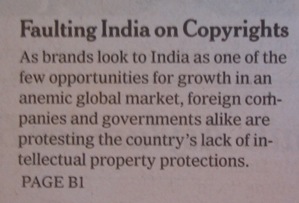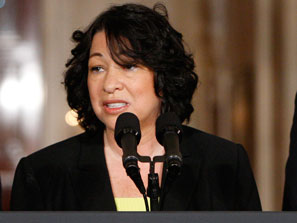IP Philanthropy Can Be Ecologically Responsible
 Since early 2008, there has been an interesting project in IP philanthropy. At that time, the World Business Council for Sustainable Development (WBCSD) established an initiative called the Eco-Patent Commons. Member companies of the Eco-Patent Commons are able to “pledge” patents from their portfolios which cover technologies that provide environmental benefits. Pledging patents into the Eco-Patent Commons is not a transfer of title, but instead is a promise by the patent owner to not enforce the pledged patents against users of the technology (while maintaining rights to defensively terminate the pledge under certain circumstances).
Since early 2008, there has been an interesting project in IP philanthropy. At that time, the World Business Council for Sustainable Development (WBCSD) established an initiative called the Eco-Patent Commons. Member companies of the Eco-Patent Commons are able to “pledge” patents from their portfolios which cover technologies that provide environmental benefits. Pledging patents into the Eco-Patent Commons is not a transfer of title, but instead is a promise by the patent owner to not enforce the pledged patents against users of the technology (while maintaining rights to defensively terminate the pledge under certain circumstances).
Based on the economic conditions of the last couple of years, I am amazed that companies are willing to allow others to freely practice inventions which would otherwise generate licensing revenues. However, some companies have done exactly that.



 Paul Secunda has an interesting
Paul Secunda has an interesting